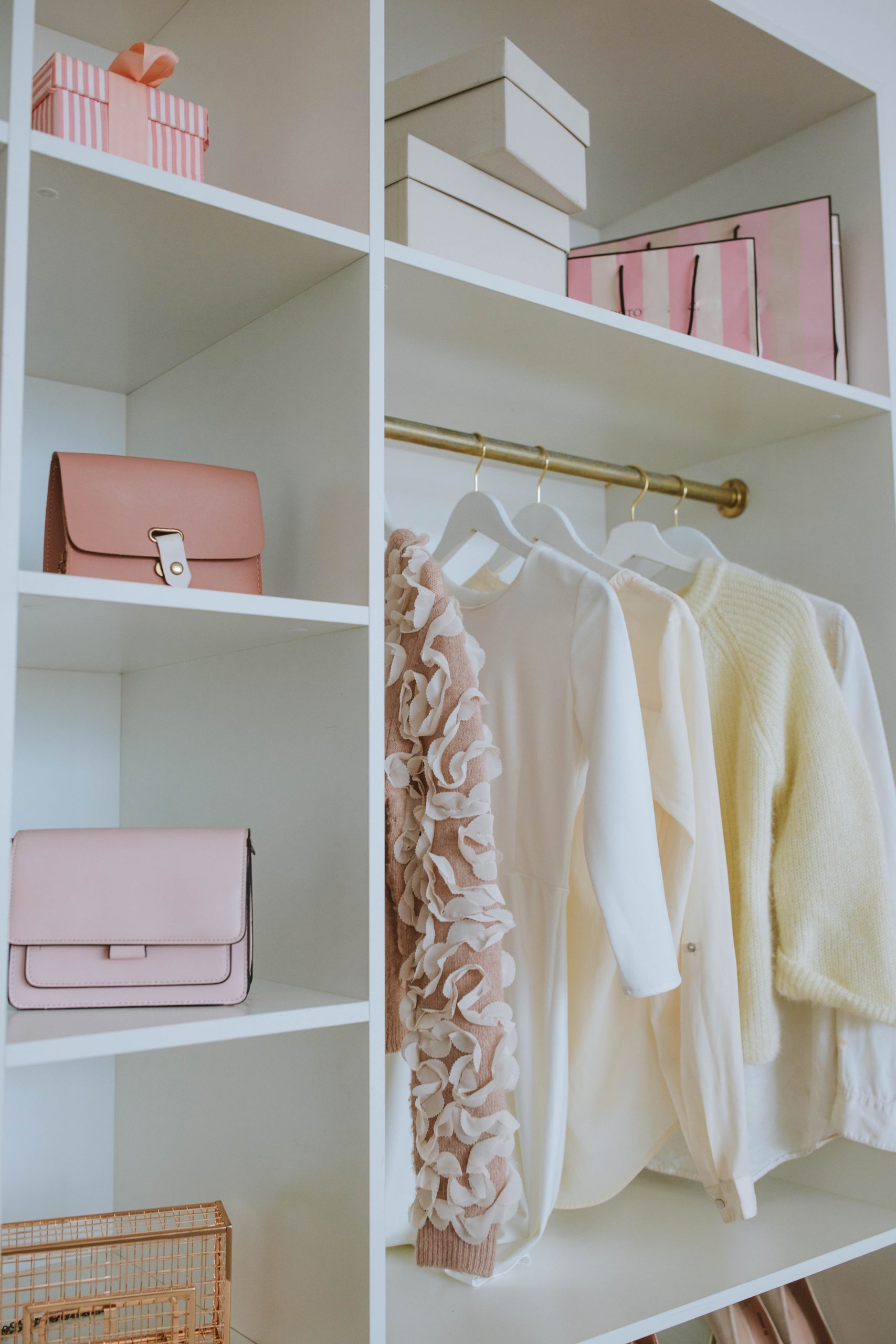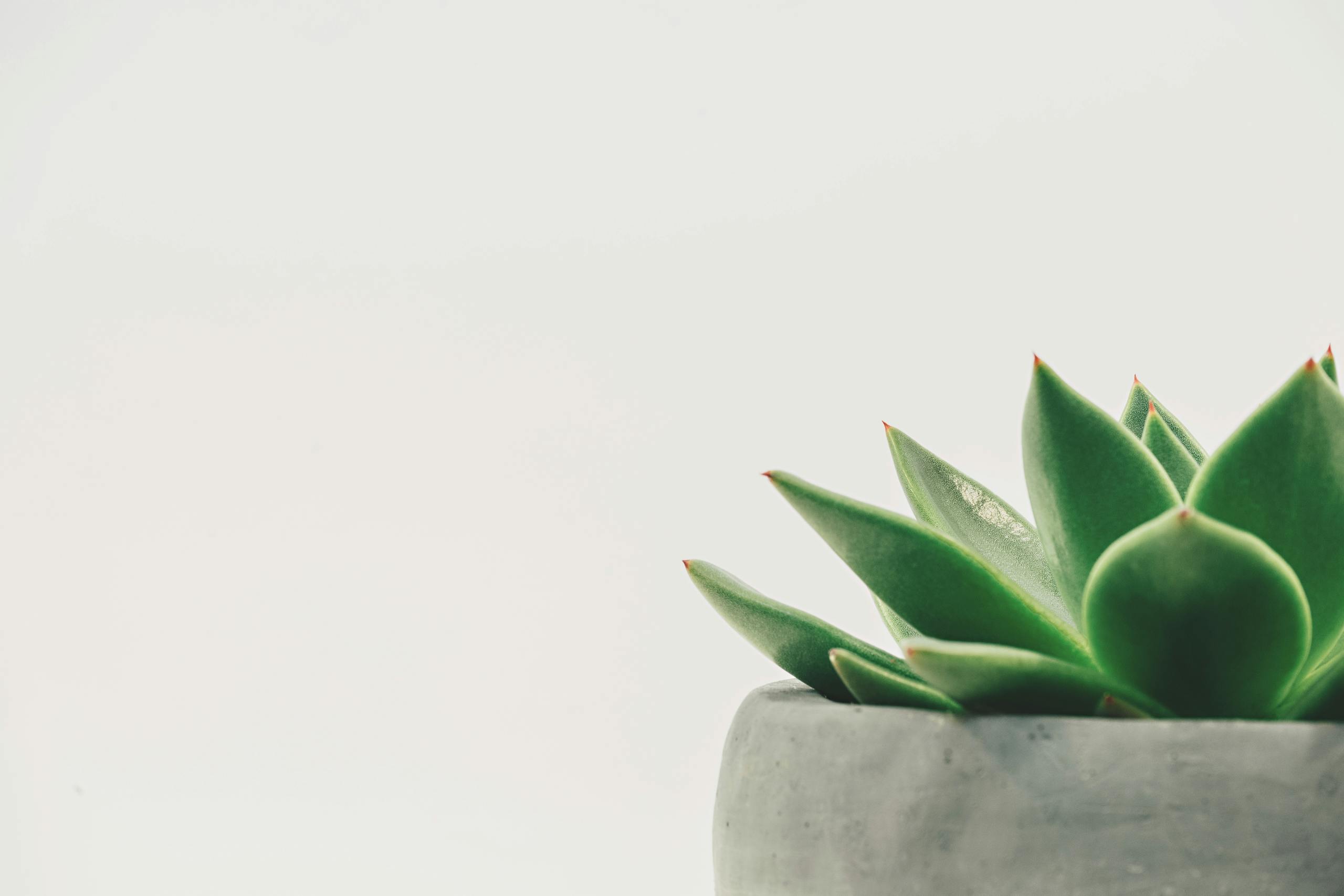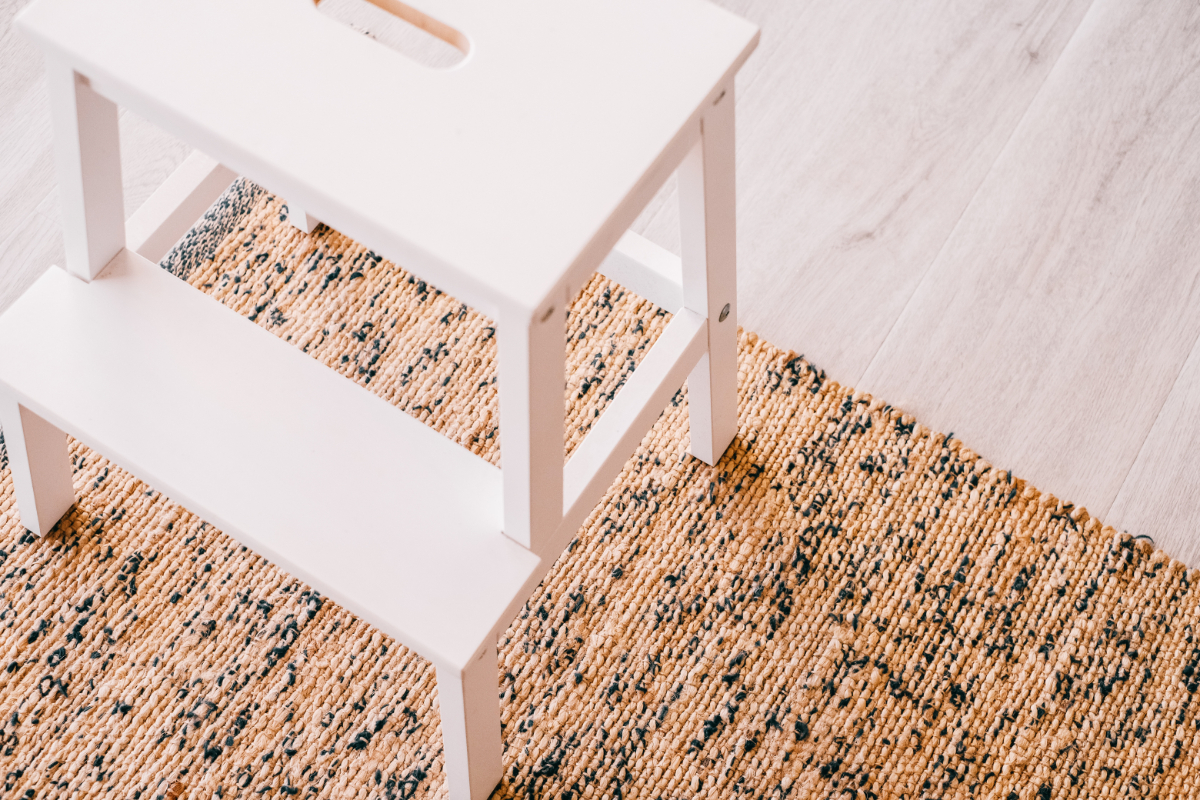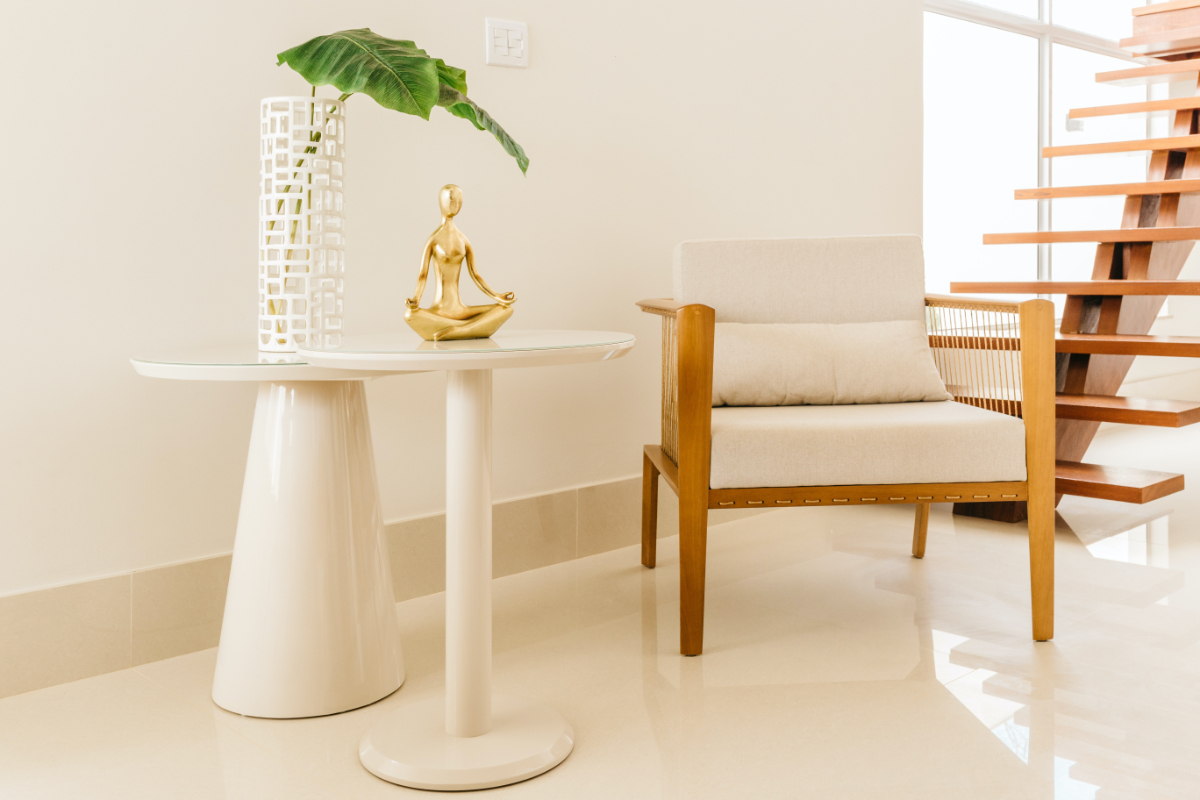Overcome Consumerism and Break Free from the Clutter Addiction
There are some affiliate links below, but they are all products I highly recommend. For more info, view my disclosure here.
Are you tired of feeling overwhelmed by the constant need to buy more stuff? Do you find yourself caught in a never-ending cycle of consumerism, always seeking the next big purchase to bring you happiness?
It’s time to break free from the clutches of stuff addiction and reclaim your mental well-being. In this article, we will explore the impact of consumerism on your mental health and delve into the root causes of your addiction to stuff.
You will discover the power of mindful consumption and learn practical tips for decluttering your living space. Embracing minimalism as a lifestyle choice will be your key to finding true contentment and alternative sources of happiness. It’s time to cultivate gratitude and change your perspective on material possessions.
Join us on this journey towards curbing your consumerism and breaking free from stuff addiction.
Understanding the Impact of Consumerism on Mental Health
Hey, did you ever stop and think about how consumerism might be affecting your mental health? Well, let’s dive into this fascinating topic and discover how our obsession with stuff can really mess with our minds!
Living in a consumerist society means constantly being bombarded with advertisements, promotions, and messages that tell us we need more stuff to be happy. It’s no wonder that it can have a negative impact on our mental well-being. The pressure to constantly buy the latest products and keep up with the trends can lead to feelings of inadequacy and low self-esteem.
We start comparing ourselves to others based on what we own, and this can create a never-ending cycle of trying to keep up and feeling like we’re never enough.
Consumerism also contributes to a culture of materialism, where our happiness is tied to the things we own rather than our experiences or relationships. This can lead to a shallow sense of fulfillment and a constant craving for more. Our obsession with acquiring stuff can become all-consuming, leaving little room for personal growth, self-reflection, and genuine connection with others.
Furthermore, the constant pursuit of material possessions can also lead to financial stress and debt. We may feel the need to spend beyond our means in order to keep up with the consumerist lifestyle, which can have a detrimental effect on our mental health.
Consumerism can have a profound impact on our mental well-being. It’s important to recognize the negative effects it can have and take steps to break free from the cycle of stuff addiction. Prioritizing experiences, relationships, and personal growth over material possessions can lead to a more fulfilling and mentally healthy life.
Identifying the Root Causes of Stuff Addiction
To truly understand what drives your insatiable desire for more, it’s important to delve deep into the root causes of this relentless need for stuff.
One of the primary root causes of stuff addiction is the constant bombardment of advertisements and marketing messages that convince you that you need more to be happy or successful. From a young age, you were taught that material possessions equal happiness and fulfillment. This conditioning has created a deep-seated belief that acquiring more stuff will bring you joy and satisfaction.
Another root cause of stuff addiction is the desire to keep up with societal expectations and trends. You may feel pressured to own the latest gadgets, wear the trendiest clothes, and have a picture-perfect home. This need to fit in and be perceived as successful by others can lead to an unhealthy attachment to material possessions.
Furthermore, stuff addiction can also stem from emotional and psychological factors. Acquiring stuff can provide temporary relief from negative emotions such as stress, anxiety, or sadness. It becomes a coping mechanism to distract yourself from deeper issues that may need attention.
By identifying these root causes, you can begin to challenge the belief systems and societal pressures that fuel your stuff addiction. Taking the time to reflect on your values and priorities will help you break free from the cycle of consumerism and find true contentment in life.
Practicing Mindful Consumption
By engaging in mindful consumption, you can cultivate a heightened awareness of your purchasing habits and make more intentional choices about the items you bring into your life. Mindful consumption is all about being present and conscious when it comes to your buying decisions.
It involves taking the time to consider the impact of your purchases on yourself, others, and the environment. One way to practice mindful consumption is by asking yourself a few key questions before making a purchase. Ask yourself if you really need the item or if it’s just a fleeting desire. Consider the long-term value and usefulness of the item, as well as its environmental impact. Will it end up in a landfill in a few months? Is it made ethically and sustainably?
Another aspect of mindful consumption is being aware of the marketing tactics and societal pressures that influence our buying decisions. Advertisements and social media often create a sense of urgency and FOMO (fear of missing out) that can lead us to make impulsive purchases. By being mindful of these influences, you can take a step back and make more intentional choices.
Practicing mindful consumption also means being grateful for what you already have and taking care of your belongings. Regularly decluttering and organizing your space can help you appreciate the things you own and avoid unnecessary purchases.
Overall, by practicing mindful consumption, you can break free from the cycle of stuff addiction and make more conscious choices about what you bring into your life.
Decluttering Your Living Space
Take a moment to look around your living space and imagine how freeing it would feel to create a clutter-free environment that brings you peace and clarity. Picture yourself walking into a room where everything has its place and there’s no excess stuff weighing you down.
Decluttering your living space is a powerful step towards breaking free from stuff addiction. Start by setting aside some time to go through your belongings. Take a close look at each item and ask yourself if it truly adds value to your life. If it doesn’t, it’s time to let go. Be ruthless in your decision-making process and remember that you’re creating space for things that truly matter to you.
As you declutter, keep in mind that organizing your space is just as important as getting rid of things. Invest in storage solutions that work for you, whether it’s shelves, bins, or baskets. Find a home for everything so that you can easily find what you need when you need it.
Remember, decluttering isn’t a one-time task. Make it a habit to regularly evaluate your belongings and let go of what no longer serves you. By creating a clutter-free living space, you’re creating room for peace, clarity, and a more intentional way of living. So take that first step and start decluttering today. You won’t regret it.
Embracing Minimalism as a Lifestyle Choice
Immerse yourself in the simplicity and freedom of embracing minimalism as your chosen lifestyle. By consciously deciding to live with less, you can break free from the endless cycle of consumerism and find contentment in the things that truly matter.
Minimalism isn’t just about decluttering your physical space; it goes beyond that. It’s a mindset shift that encourages you to evaluate your priorities and live intentionally. Instead of constantly chasing after the next big thing, minimalism allows you to focus on what brings you joy and fulfillment.
When you embrace minimalism, you begin to appreciate the beauty of simplicity. You learn to let go of excess possessions and instead surround yourself with only the things that add value to your life. This newfound sense of freedom allows you to prioritize experiences over material possessions, leading to a more fulfilling and meaningful existence.
Minimalism also helps to reduce stress and overwhelm. With fewer things to manage and maintain, you have more time and energy to focus on what truly matters, whether it’s spending quality time with loved ones, pursuing your passions, or taking care of yourself.
Embracing minimalism as a lifestyle choice is a powerful way to break free from the clutches of consumerism. It empowers you to live a more intentional and fulfilling life, where you’re in control of your choices and not enslaved by the need for more stuff. So, take a leap and embrace the simplicity and freedom that minimalism offers.
Finding Alternative Sources of Happiness
Discovering new avenues of joy and contentment can lead you down unexpected paths, opening your eyes to the beauty and fulfillment that can be found outside of material possessions.
In a society driven by consumerism, we often equate happiness with the accumulation of stuff. But finding alternative sources of happiness can be incredibly liberating.
Instead of relying on material possessions to bring us joy, we can focus on experiences and relationships. Spending time with loved ones, engaging in meaningful conversations, and creating memories together can bring a deeper sense of fulfillment than any material item ever could. Taking up new hobbies and exploring creative outlets can also provide a sense of purpose and satisfaction.
Nature can be a great source of happiness as well. Spending time outdoors, whether it’s going for a hike, gardening, or simply taking a walk in the park, can be incredibly rejuvenating. Connecting with the natural world can remind us of the simple pleasures in life and help us appreciate the beauty that surrounds us.
Finding alternative sources of happiness doesn’t mean completely giving up material possessions. It’s about finding a balance and prioritizing what truly brings us joy. By shifting our focus away from stuff and towards experiences, relationships, and nature, we can break free from the cycle of consumerism and discover a more meaningful and fulfilling way of living.
Cultivating Gratitude and Contentment
Experience the joy and fulfillment that comes from cultivating gratitude and contentment in your life. When you take the time to appreciate what you already have, you’ll find that you need less stuff to feel satisfied. Instead of constantly seeking out new possessions, focus on the blessings that surround you every day.
Practice gratitude by keeping a gratitude journal, where you write down three things you’re thankful for each day. This simple act can shift your mindset and help you see the abundance in your life.
Contentment is another key ingredient in breaking free from stuff addiction. Instead of always wanting more, learn to be content with what you have. This doesn’t mean settling for less, but rather finding satisfaction in the present moment.
Take pleasure in the simple things, like a warm cup of coffee in the morning or a walk in nature. Find activities that bring you joy and fulfillment, and focus on doing them instead of mindlessly shopping.
By cultivating gratitude and contentment, you’ll realize that true happiness doesn’t come from material possessions. It comes from within, from appreciating the intangible things in life. So, take a moment each day to count your blessings and find contentment in the present. You’ll be amazed at how much joy and fulfillment you can experience without constantly chasing after more stuff.






